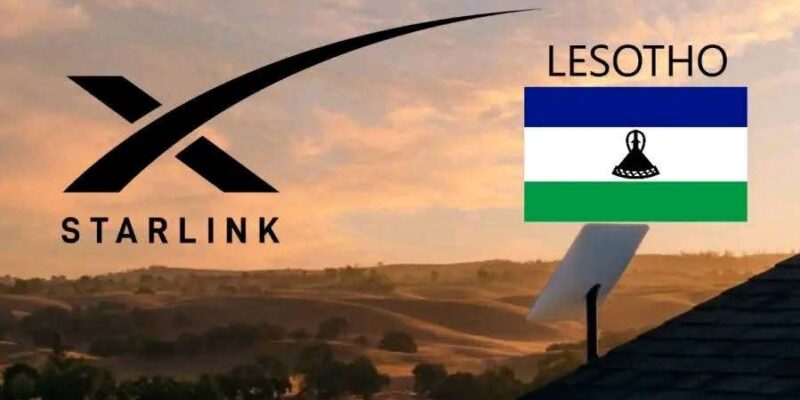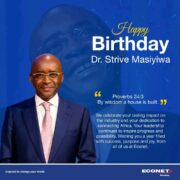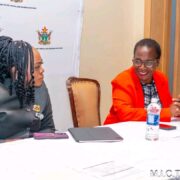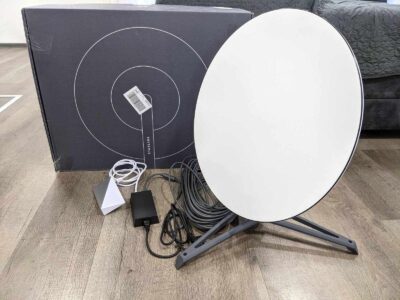Elon Musk-backed Starlink has officially launched operations in Lesotho, marking a significant step in the country’s drive for universal internet access, especially in remote, mountainous regions long underserved by traditional telecom infrastructure.
Lesotho becomes the 22nd African nation to activate Starlink’s high-speed, low-latency satellite internet, joining countries like Zimbabwe, Nigeria, Kenya, Malawi, Rwanda, Mozambique, and Botswana. The launch comes just days after Guinea-Bissau went live on June 17, 2025, further expanding Starlink’s African footprint. Globally, the service now spans over 130 countries, yet about 3 billion people worldwide still lack reliable internet due to poor infrastructure and slow speeds.
The move follows a revised regulatory framework approved by the Lesotho government earlier this year, which enabled Starlink Lesotho (Pty) Ltd to receive a 10-year operating license. The policy shift came after high-level discussions between Elon Musk and Prime Minister Sam Matekane in 2024.
By Ruvarashe Gora
“This isn’t just a technological step forward, it’s a national leap toward digital equity,” said Mamathe Makhetha, spokesperson for the Lesotho Communications Authority (LCA). “We expect Starlink to bridge long-standing connectivity gaps, especially in hard-to-reach rural communities. Our mission is to ensure that every Mosotho, from urban centers to remote mountain villages, can access the tools of the digital age. Starlink is helping us turn that vision into reality.”
Starlink’s hardware kit retails at $410.80, with a more affordable Minikit option priced at $210.95. The monthly subscription stands at $52.70, and the tiered pricing is designed to make the service more accessible to low-income households and small businesses in rural areas.
However, the launch has not been without controversy. Vodacom Lesotho’s managing director, Mohale Ralebitso, voiced concern over Starlink’s lack of local ownership. “It sets a dangerous precedent,” he said, urging regulators to mandate local equity participation. He argued that like terrestrial providers, foreign entrants must contribute to the national economy through job creation, taxes, and dividends.
Civil society groups echoed these concerns, warning that the unregulated entry of foreign tech giants could suppress local telecom investment and stifle future innovation.
The tensions in Lesotho mirror similar challenges across the continent. In South Africa, Starlink’s entry has been delayed due to Black Economic Empowerment (BEE) laws requiring 30% local black ownership. In response, Starlink has proposed a $27.9 million educational infrastructure investment under an Equity Equivalent Investment Programme (EEIP) a potential alternative currently under policy review.
Despite the criticism, Lesotho’s government stands by its decision, emphasizing its commitment to oversight and national development.
“We’ll hold Starlink accountable to national development benchmarks,” said Makhetha. “But at this moment, we’re focused on opportunity connecting every Mosotho to the digital economy.”
With the rollout now live, Starlink is seen as both a symbol of digital progress and a flashpoint in Africa’s evolving debate over technological sovereignty and economic inclusion. For Lesotho’s underserved communities, it may represent the first real bridge to the digital future.













Comments